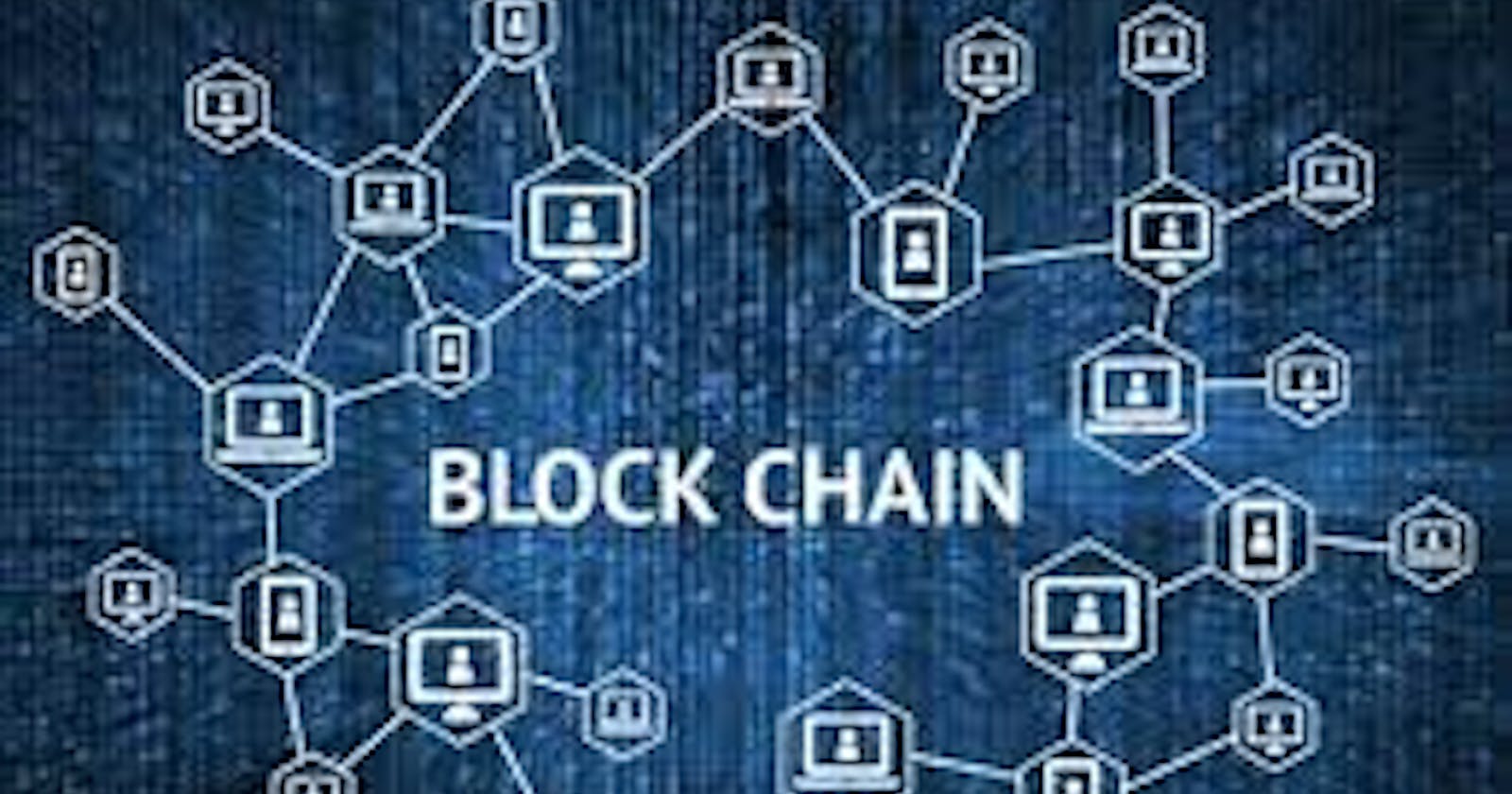Becoming a blockchain developer requires a combination of technical skills, practical experience, and a deep understanding of blockchain technologies. Here's a step-by-step guide to help you become a blockchain developer:
1. Learn the Basics: Start by gaining a solid understanding of blockchain fundamentals, including how blockchain works, cryptographic techniques, consensus mechanisms, and decentralized applications (dApps).
2. Learn Programming Languages: Become proficient in programming languages commonly used for blockchain development, such as Solidity (for Ethereum), JavaScript, Python, Go, and Rust. Solidity is particularly important for developing smart contracts on the Ethereum platform.
3. Choose a Blockchain Platform: Decide on the blockchain platform you want to specialize in. Popular options include Ethereum, Hyperledger Fabric, Binance Smart Chain, Polkadot, and more. Each platform has its own unique features and development tools.
4. Master Smart Contracts: Smart contracts are self-executing contracts with the terms of the agreement directly written into code. Learning how to develop, deploy, and interact with smart contracts is crucial for blockchain development.
5. Learn Development Tools: Familiarize yourself with the development tools and environments specific to your chosen blockchain platform. For example, Ethereum developers often use tools like Truffle, Remix, and the Ethereum Development Kit (Ethers.js).
6. Hands-On Projects: Start building your own blockchain projects. Begin with simple projects to understand the basics, and gradually move on to more complex projects that involve smart contracts, decentralized applications, and interactions with the blockchain.
7. Explore Decentralized Apps (dApps): Dive into dApp development by learning how to create user interfaces that interact with smart contracts. You'll need to know web development technologies like HTML, CSS, and JavaScript in addition to blockchain-specific skills.
8. Solidify Your Skills: Continue learning and practicing by tackling real-world challenges. Participate in coding competitions, hackathons, and open-source projects related to blockchain development.
9. Document Your Work: Keep track of your projects, code snippets, and solutions. Maintain a portfolio that showcases your skills and demonstrates your ability to develop on blockchain platforms.
10. Networking: Attend blockchain meetups, conferences, and online forums to connect with fellow developers, share experiences, and stay updated on the latest trends.
11. Online Courses and Resources: Enroll in online courses specifically designed for blockchain development. Platforms like Udemy, Coursera, and Udacity offer courses on Ethereum, Hyperledger, and other blockchain technologies.
12. Certifications: Consider obtaining certifications related to blockchain development. Ethereum, for example, offers certifications for developers, which can enhance your credibility and job prospects.
13. Join Developer Communities: Participate in developer communities and forums related to your chosen blockchain platform. Engaging with the community can help you learn from others, ask questions, and find collaboration opportunities.
14. Job Search: Once you've developed a strong skill set and built a portfolio, start looking for blockchain developer job openings on job boards, company websites, and networking platforms.
15. Continuous Learning: The blockchain field evolves rapidly. Stay updated with the latest advancements, protocol upgrades, and best practices to remain relevant in the industry.
Becoming a proficient blockchain developer takes time and practice. The combination of theoretical knowledge and hands-on experience will set you on a path to success in this dynamic and exciting field.
Thanks for reading, If you’d like to see more posts on Nfts, Blockchain, Computer science, Linux, Python, Git, GitHub and Cybersecurity, follow me on my social media handles.

